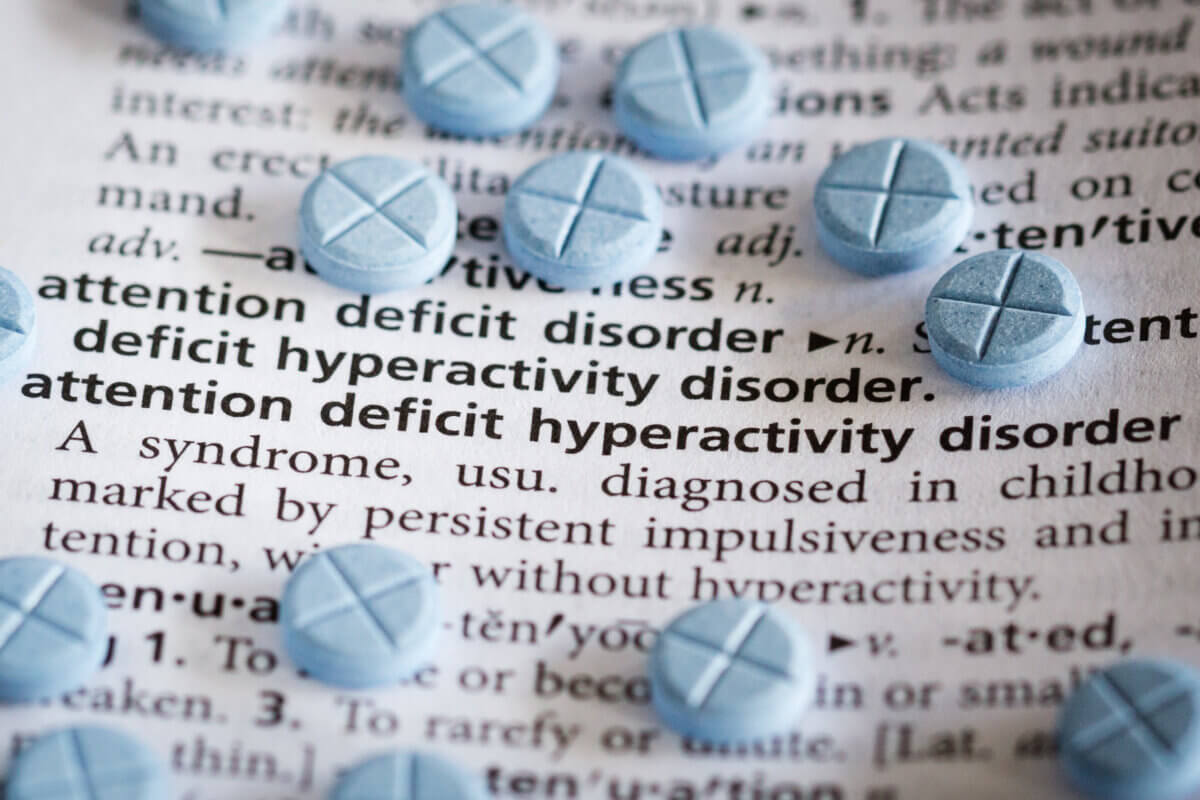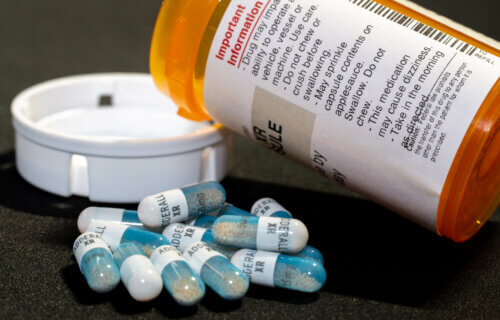COLUMBUS, Ohio — Attention-deficit/hyperactivity disorder (ADHD), a common pediatric neurodevelopmental disorder, has seen an alarming uptick in medication errors, especially among children. A new study by a team at the Center for Injury Research and Policy and Central Ohio Poison Center at Nationwide Children’s Hospital reveals there was an astounding 300-percent increase in ADHD-related medication errors in just the last 20 years.
In 2019, nearly 10 percent of American children were diagnosed with ADHD, and approximately 3.3 million, or about five in every 100, were on medication for the condition. For the study, researchers focused on out-of-hospital ADHD medication errors in those under 20 years-old. They analyzed data reported to U.S. poison centers from 2000 to 2021.
Overall, ADHD-related medication errors surged by 299 percent between 2000 and 2021. Over these two decades, poison centers registered 87,691 such medication mistakes, averaging almost 4,000 cases annually.
Breaking it down to 2021, a child suffered a medication error every 100 minutes. Boys, particularly those between ages six and 12, were at higher risk, representing 76 percent and 67 percent of the errors, respectively. An overwhelming 93 percent of these incidents occurred at home.
What kind of mistakes are people making?
Diving deeper into the error scenarios, the study found:
- 54% of the mistakes happened when medication was “inadvertently taken/given twice.”
- 13% of errors were due to “inadvertently taking/giving someone else’s medication.”
- Another 13% were because of the “wrong medication taken/given.”
“The increase in the reported number of medication errors is consistent with the findings of other studies reporting an increase in the diagnosis of ADHD among U.S. children during the past two decades, which is likely associated with an increase in the use of ADHD medications,” says study co-author Dr. Natalie Rine, director of the Central Ohio Poison Center at Nationwide Children’s Hospital, in a media release.

Although most affected individuals didn’t seek treatment, about 2.3 percent had to be admitted to health care facilities, with 0.8 percent requiring critical care. Over four percent of these cases had severe medical repercussions, including tremors, seizures, and mental status shifts. Kids younger than six faced double the risk of a serious medical outcome and had over triple the likelihood of hospital admission compared to their older counterparts.
“Because ADHD medication errors are preventable, more attention should be given to patient and caregiver education and development of improved child-resistant medication dispensing and tracking systems,” notes senior study author Dr. Gary Smith, director of the Center for Injury Research and Policy at Nationwide Children’s Hospital. “Another strategy may be a transition from pill bottles to unit-dose packaging, like blister packs, which may aid in remembering whether a medication has already been taken or given.”
While homes remain a primary focus for intervention, researchers believe that schools and other places frequented by children and teenagers also need careful attention to prevent such medication mishaps.
The study is published in the journal Pediatrics.

